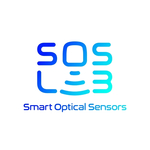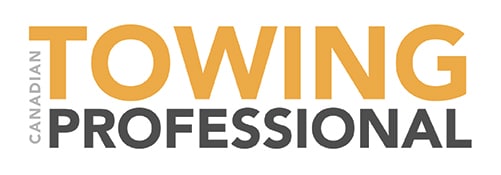– Will cooperate in the development of 3D LiDAR for optimized autonomous driving performance of mobile robots over the next two years
– Hyundai Motor Group to support robot design and algorithm, and SOSLAB to provide 3D high-resolution LiDAR technology
– Advancement of autonomous-driving technologies of mobile robots through compact LiDAR sensor development and expansion of short-range object detection
– Commercialization of a new mobility platform for versatile applications for delivery service, etc. expected
SEOUL, South Korea–(BUSINESS WIRE)–#3DHighResolutionLiDAR—Hyundai Motor Group and SOSLAB, a company specializing in solid-state LiDAR1, announced cooperation to expedite mobile robot development.
On the 17th (Tue), Hyundai Motor Group and SOSLAB entered into an MOU for the joint development of LiDAR for mobile robots at the Hyundai Motor Group Uiwang Research Center with Dong Jin Hyun, Head of Hyundai Motor Group Robotics Lab, Ji-seong Jeong, SOSLAB CEO, and other officials of the companies attending.
SOSLAB (Smart Optical Sensors Lab) is a company developing solid-state LiDAR sensors for industrial and automotive use. Compared to the conventional mechanical LiDAR, SOSLAB’s LiDAR sensors have strengths in size, weight, power consumption, price, and durability. Supplying high-resolution 2D/3D LiDAR in industrial robot and port security markets, SOSLAB is evaluated as Korea’s leading company specializing in LiDAR development.
The joint development agreement had been promoted to develop a high-resolution 3D LiDAR for autonomous driving performance optimization of Hyundai Motor Group’s Mobile Eccentric Droid (MobED) unveiled in December last year. Hyundai Motor Group and SOSLAB will cooperate on the goal over the next two years.
For the joint development of LiDAR for mobile robots, Hyundai Motor Group will provide hardware design and software algorithms with its robotics technologies, and SOSLAB will offer advanced 3D high-resolution LiDAR design technologies and its accumulated know-how on software technology.
Through this collaboration, Hyundai Motor Group aims to develop an autonomous-driving mobile robot that can move more stably on irregular surfaces and in between obstacles by expanding the short-distance recognition range while reducing the LiDAR sensor size.
“With 3D LiDAR optimized to Hyundai Motor Group’s mobile robot, we will take a step closer to commercializing the compact mobility platform of autonomous driving which can drive freely in complicated indoor and outdoor spaces,” said Dong Jin Hyun, Head of Hyundai Motor Group Robotics Lab. “By doing so, we will be able to introduce a range of new businesses and services including delivery service and personal mobility.”
SOSLAB CEO Ji-seong Jeong said, “Robotics industry ultimately aims to improve people’s lives by bringing about innovation in the mobility market. For its realization, we will supply safe and accurate high-resolution 3D LiDAR sensors that are optimized for the robotics industry.”
[1] A solid-state LiDAR sensor is a sensor that recognizes the environment surrounding a vehicle without having rotating parts, unlike the conventional mechanical LiDAR sensor which rotates 360°. It has superiority in mass production, weight, etc.
Contacts
SOSLAB
Seung hwan Lee/ CSO
+82-62-973-5051
seunghwan.lee@soslab.co












